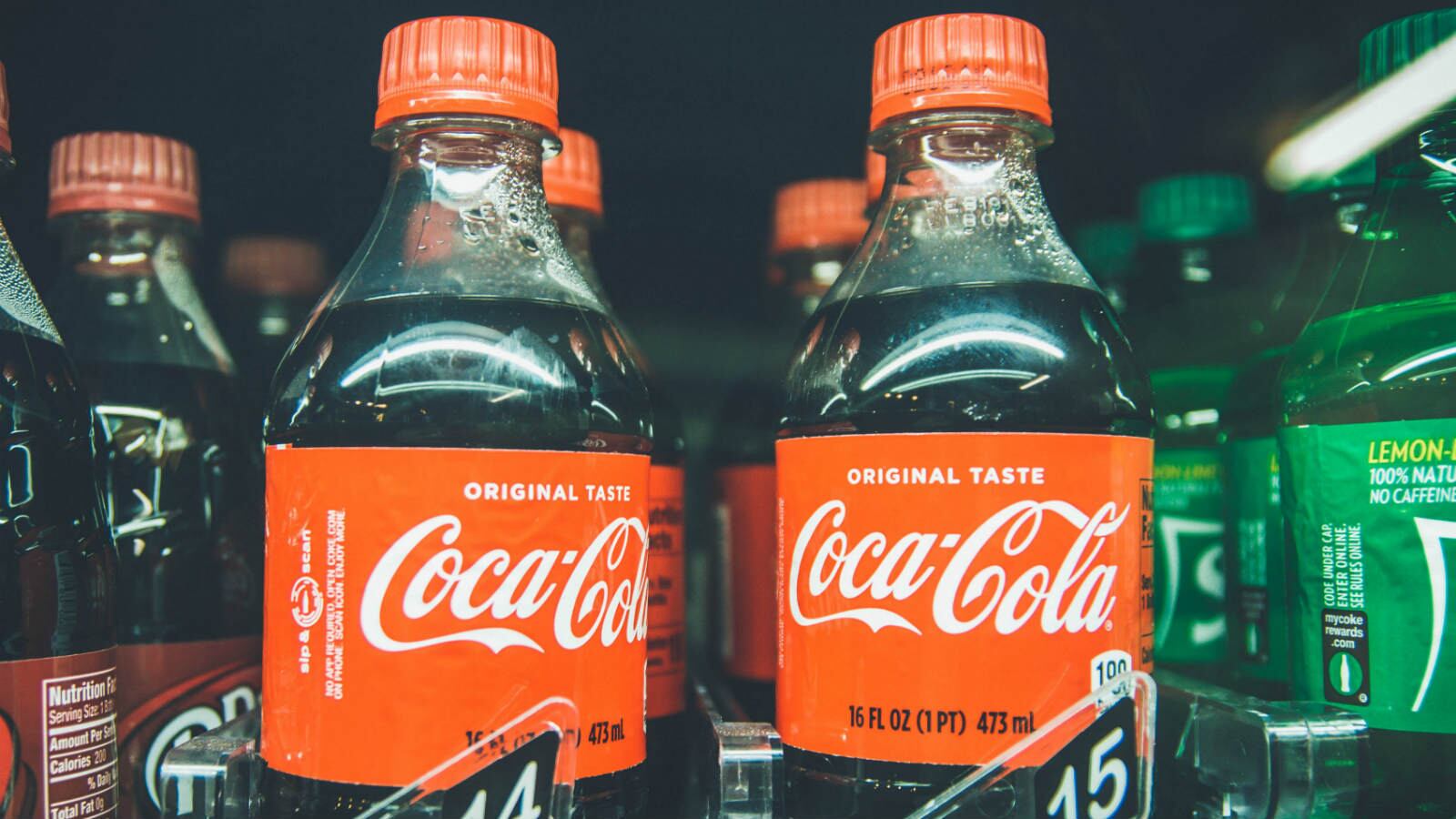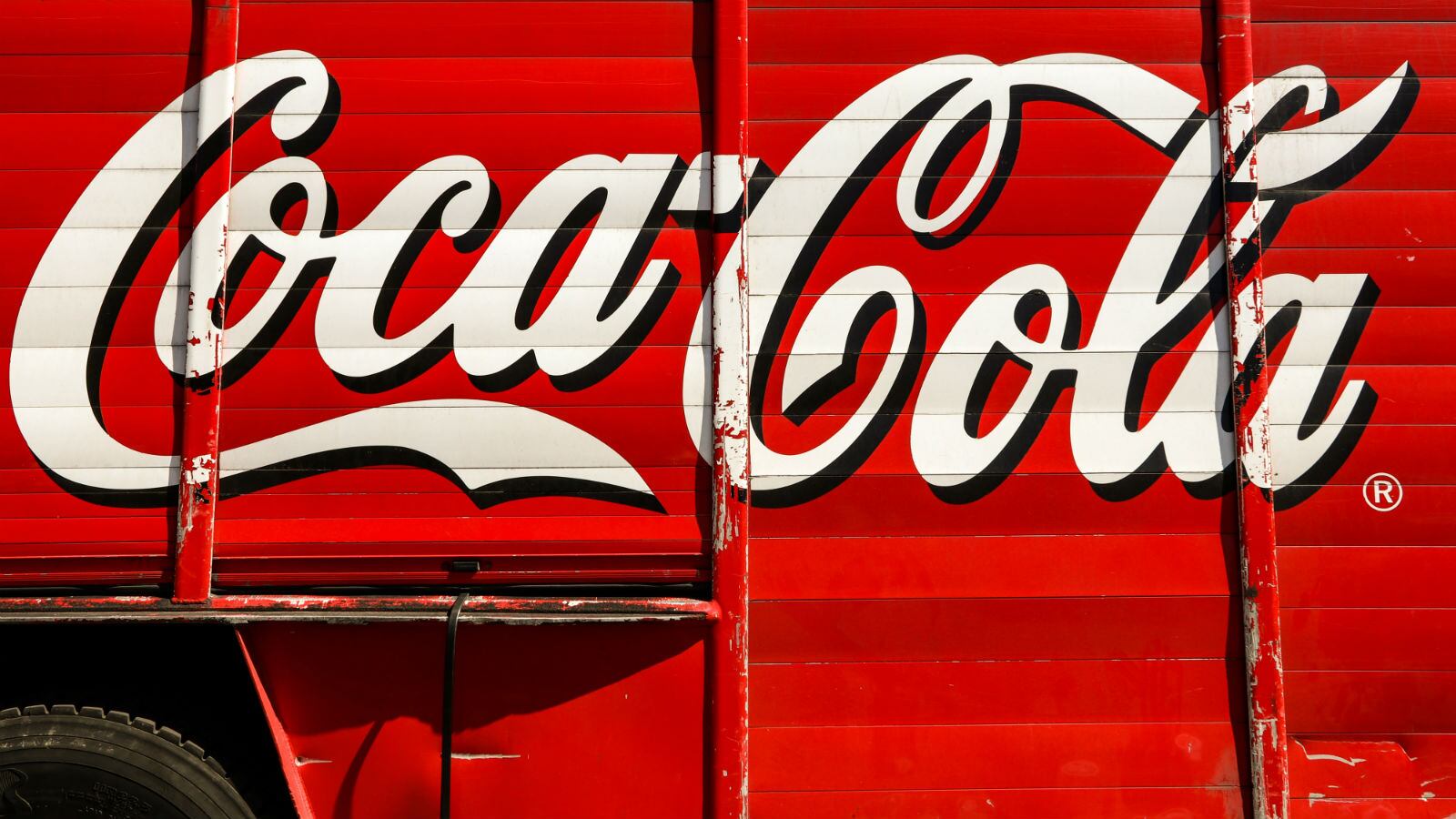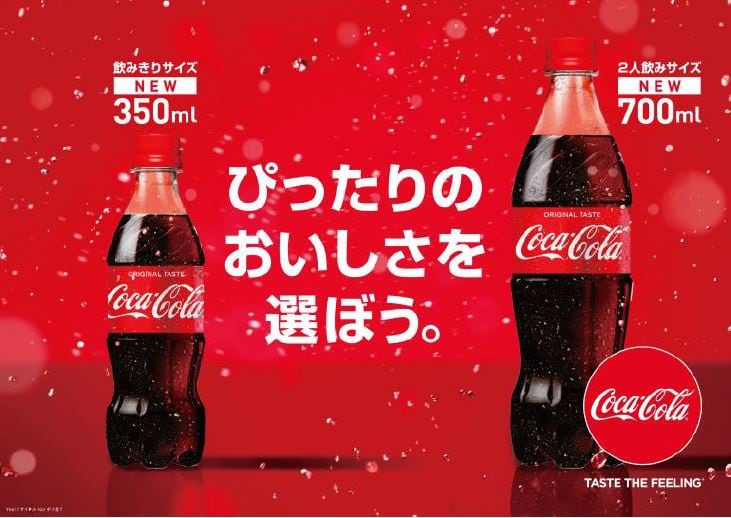Recycling Victoria aims to transform recycling in the state and reduce wastage in the name of sustainability.
“As Victoria’s population continues to grow, we need to maximise the value we get from our resources,” the Victoria state government said in a statement.
“By 2046, Victoria is expected to generate 40% more waste than it did in 2017-18. [China’s] decision to restrict the import of some low-quality mixed recyclables in early 2018 [also] destabilised global recycling markets and led to disruptions to Victorian recycling services.
“We are investing over A$300mn (US$197mn) over four years to support the delivery of Recycling Victoria. This builds on the Victorian Government’s record investment of A$135mn (US$88.8mn) already made to reform and improve our state’s waste and recycling sector.”
The action plan also comprises a container deposit scheme (CDS), which will be introduced by 2023 to complement the state’s new recycling system and produce ‘clean streams’ of plastic, aluminium and glass.
Victoria is the last state in the country to implement such a scheme, which is expected to encourage Victorians to recycle ‘even when they are not at home’, according to the government’s final Recycling Victoria: A new economy report.
“It does this by offering a refund on every eligible bottle or can returned to a collection point. This produces very clean and high-quality material that can be manufactured into new products (like more drink bottles),” it stated.
“A container deposit scheme is also expected to halve beverage container litter in Victoria within 10 years.”
Australian Minster for Energy, Environment and Climate Change Lily D’Ambrosio concurred, adding that: “This will reduce the amount of plastic and waste that goes to landfill [and] give a second, third and fourth life to beverage containers.
“It will reduce litter. And it will mean businesses have an ongoing source of recycling material to turn into new products,” she said on her Facebook page earlier this month.
The food and beverage industry has been positive about this scheme, such as Coca-Cola Amatil which has voiced its full support for the government’s plans.
“We welcome Victoria’s decision to use container deposit schemes to improve beverage container recycling rates,” said Coca-Cola Amatil Managing Director for Australia Peter West.
Other similar schemes in the country have generally been co-ordinated by players in the beverage industry, and Coca-Cola Amatil has done this in South Australia for over four decades.
“[Coca-Cola Amatil is] very keen to make this container deposit scheme work, [as these] schemes are the best way to support the recycling industry. We would like to work with the Victorian Government to ensure the container deposit scheme maximises collection rates and recycling and minimises impact on consumers and the industry,” added West.
Group CEO Alison Watkins told us that sustainability is a key focus for the company in all its areas of operation, and in Australia it produces 70% of its bottles from 100% recycled material.
“We also stopped distributing plastic straws in our range and have a Heads of Agreement with waste management experts Veolia to explore a plastics recycling plant in Australia,” she said.
Not all positive
That said, not everyone is on board with the overall Recycling Australia action plan.
One of the objectives of the plan is to implement higher landfill levies to deter the generation of more incoming waste.
But Australian Industry Group Victoria Head Tim Piper cited caution, telling Government News that increased landfill levies would increase costs for the recycling industry as well.
“The higher landfill levy will increase costs at a difficult time, including for businesses in the recycling industry,” he said.
“Raising the costs of recycling will impede the important task of raising levels of recycling in Victoria because it will make recycling less profitable for the industry.”





